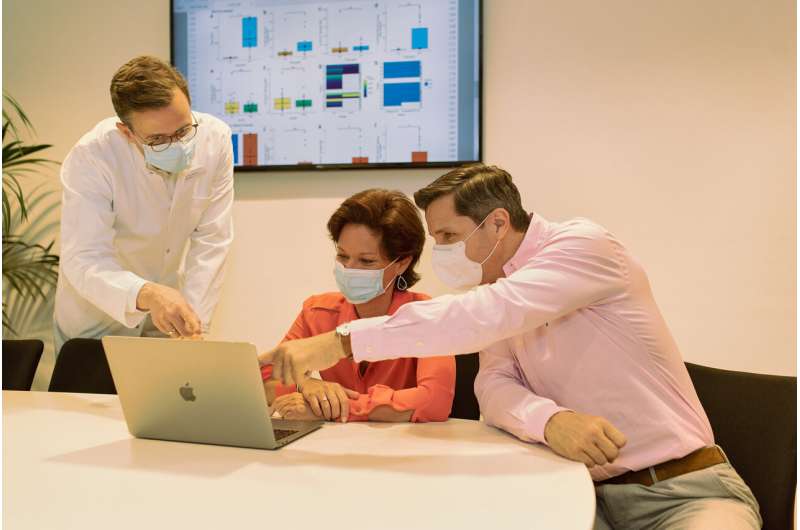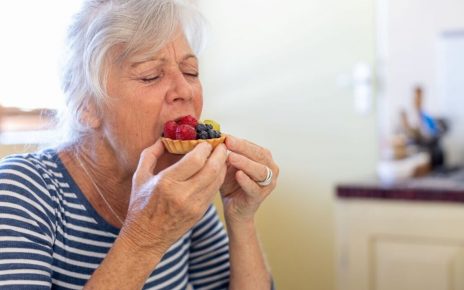
Just like diseases, vaccines cause the body to form an immunological memory. This memory can prevent a second infection or illness caused by the same pathogen. “Put simply, specific immunity is based on antibodies that prevent infection and on immune cells that can kill infected cells,” explains Professor Nina Babel, head of the Center for Translational Medicine specialized in immunology. With her colleagues, she has developed a technique that allows insight into the state of the immune system. To this end, the researchers determine in a test tube, so to speak, whether a person has functioning antibodies and immune cells against a certain pathogen.
Weaker immune response in dialysis patients
Dialysis patients have a weaker immune response than healthy people. “Some of our patients form either no vaccine-specific antibodies at all or very few following SARS-Cov-2 immunization,” says Dr. Okan Cinkilic, nephrologist and head of the dialysis center in Schwerte. However, it is precisely this group of chronically ill people who contract severe cases of COVID-19. Moreover, it is not known how the immune system of dialysis patients reacts to virus variants such as the Delta variant. The team set out to determine whether patients could benefit from a third vaccination against the coronavirus.
“The fact that renal patients need a stronger vaccination stimulus in order to develop a sufficient vaccination response is nothing new,” says Professor Timm Westhoff, Director of Medical Department I at Marien Hospital Herne. This is well-known, for example, with regard to hepatitis B (HBV). Dialysis patients with missing or low hepatitis B antibody levels are boosted by HBV vaccine at regular intervals.
Better vaccination response after the third dose
In the current study, the research team examined 23 dialysis patients who had presented a reduced vaccination response after a second inoculation with an mRNA vaccine against COVID-19. All of them received a third dose. Twenty of them developed a high antibody titre and a killer cell response against the SARS-Cov-2 coronavirus.
The research team also studied 25 patients whose immune systems had already produced high titers of antibodies and killer cells after a second shot. “Interestingly, despite being high-responder after the second dose, their immune response was lower than the vaccination response of patients who did not respond to two doses and required the third one—even against the Delta variant,” says Timm Westhoff.
Source: Read Full Article



